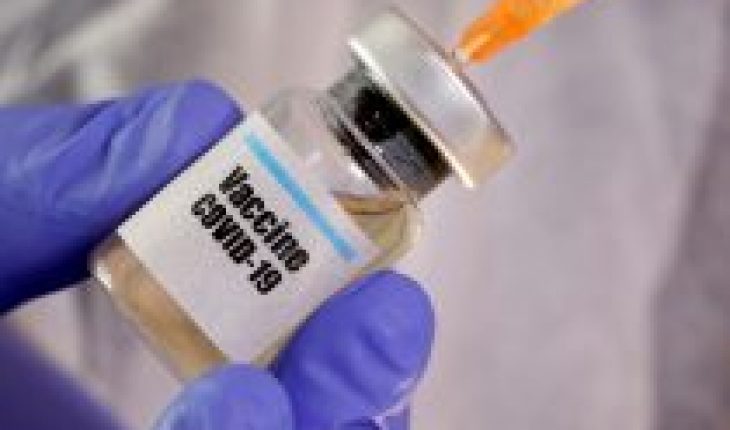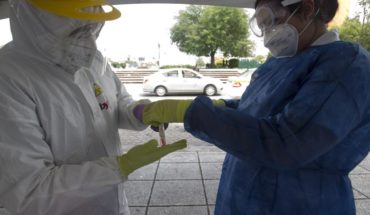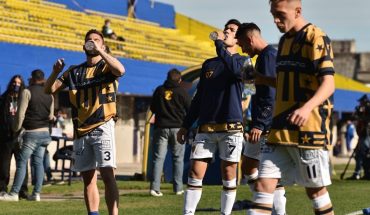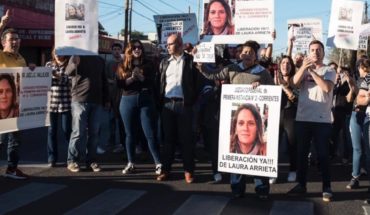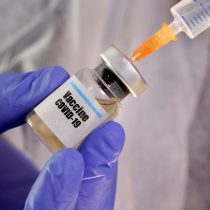
This vaccine is one of several that are developing worldwide at high speed to contain the coronavirus pandemic, which has already caused more than 28 million cases, more than 900,000 dead and is punishing economies. And it’s considered one of the most promising.
In a statement released on Saturday, oxford University indicated that clinical testing of the substance, called ChAdOx1 nCoV-19 and developed with British pharmacist AstraZeneca, will resume in the UK following a break scheduled on day 6 as a precautionary measure.
This possible vaccine is in the final stages of clinical trials before receiving authorization from regulatory bodies to immunize the population.
At the end of August, the EU closed with AstraZeneca a “first contract” guaranteeing access to 300 million doses of the vaccine, so the suspension of trials was a serious cause for concern in Europe and around the world.
In its note to account for the resumption of testing, the university indicated that around 18,000 people worldwide have received this vaccine under study as part of clinical trials and that, in tests as broad as this, it is expected that some participant may feel unwell.
“Each case must be carefully evaluated” to confirm the safety of the vaccine, added the Oxford communiqué, which has not specified the date of resumption of trials.
The tests will begin again after the independent review process is completed and after approval from the Health Medicine Regulatory Authority (MHRA), a regulator in the pharmaceutical sector.
“We cannot disclose medical information about the disease (of the volunteer) for reasons of confidentiality of the participant,” the senior study house explained in his note.
“We are committed,” he added, “with the safety of our participants and the highest level of behavior in our studies and we will closely follow the safety” of dosages.
According to the media, the tests were interrupted after the university detected suspected inflammation of the spinal cord at a UK volunteer.
The potential vaccine, which paid promising results in early trials, was undergoing clinical testing in the United Kingdom, the United States, Brazil and South Africa.
Last month, the Governments of Argentina and Mexico, as well as the Mexican Slim Foundation, reached an agreement with AstraZeneca and the University of Oxford to manufacture the vaccine for their countries and then distribute it to the rest of Latin America, except Brazil.
Argentina’s President Alberto Fernández reported in August that the goal was to produce between 150 and 250 million doses that would be available at affordable prices, at an individual cost of between $3 million and $4.
The EU contract with the pharmacist was signed on behalf of the Member States and the doses would be distributed proportionately according to the population of each country.
The vaccine project is in the final stages after the results of the first trials, published last July in the British medical journal The Lancet, indicated that it was safe and “trains” the immune system against coronavirus.
The vaccine provides double protection against coronavirus, as it would develop the production of antibodies and white blood cells or “T-cell” lymphocytes, useful in the fight against the COVID-19 virus.
This vaccine is developing at an unprecedented rate, as these types of tests usually last for years.
AstraZeneca CEO Pascal Soriot said last Thursday that the vaccine could still be available by the end of the year despite discontinuation of trials and noted that breaks in clinical trials of this type due to “adverse events” are not unusual.
There are more than 30 vaccines in the world that are being tested in humans and nine of them in the final stages.

